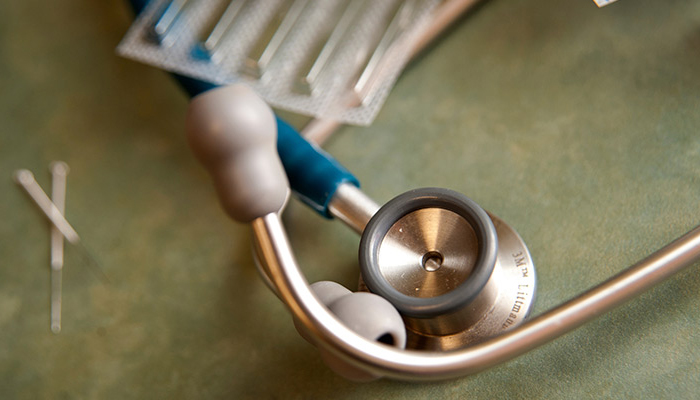UC Davis Attending Veterinarian
 The Attending Veterinarian (AV) is responsible for ensuring that adequate and humane veterinary care is provided to the research and teaching animals at UC Davis. Veterinary care is an essential component of an animal care program to ensure that the humane needs of research animals are met while maintaining compatibility with the scientific requirements. In addition to providing healthy research animals for scientifically sound projects, veterinary care is required by regulatory agencies including the United States Department of Agriculture, the National Institutes of Health, Department of Health and Human Services, and the Association for the Assessment and Accreditation of Laboratory Animal Care, International. The Attending Veterinarian and Campus Veterinarian are used interchangeably at UC Davis to indicate the same position. The Attending Veterinarian is charged with responsibility for provision of veterinary care for the animal care program. The AV ensures adequate care through delegation of duties and effective communication across the vast UC Davis animal care program.
The Attending Veterinarian (AV) is responsible for ensuring that adequate and humane veterinary care is provided to the research and teaching animals at UC Davis. Veterinary care is an essential component of an animal care program to ensure that the humane needs of research animals are met while maintaining compatibility with the scientific requirements. In addition to providing healthy research animals for scientifically sound projects, veterinary care is required by regulatory agencies including the United States Department of Agriculture, the National Institutes of Health, Department of Health and Human Services, and the Association for the Assessment and Accreditation of Laboratory Animal Care, International. The Attending Veterinarian and Campus Veterinarian are used interchangeably at UC Davis to indicate the same position. The Attending Veterinarian is charged with responsibility for provision of veterinary care for the animal care program. The AV ensures adequate care through delegation of duties and effective communication across the vast UC Davis animal care program.
- Animal Bites
- Animal Transfers, Import and Exports
- Campus Veterinary Services Clinic
- List of Formularies
- CNPRC
- Rodent Health Monitoring Program
- Large Animal Field Services
- Minimum Standards of Care Policies
- Sick Animal Reporting Guidelines
- Animal Care Program Openness Statement
Contact Information
Campus Veterinary Services Clinic
530.752.0514
[email protected]
After Hours and/or Emergencies
On Call Veterinarian: 530.219.3076
Internal Animal Transfer Biosecurity Manager
Shelby Matthews
530.754.8734
[email protected]
Import/Export Biosecurity Manager
Dr. Kris Galang
530.754.1085

